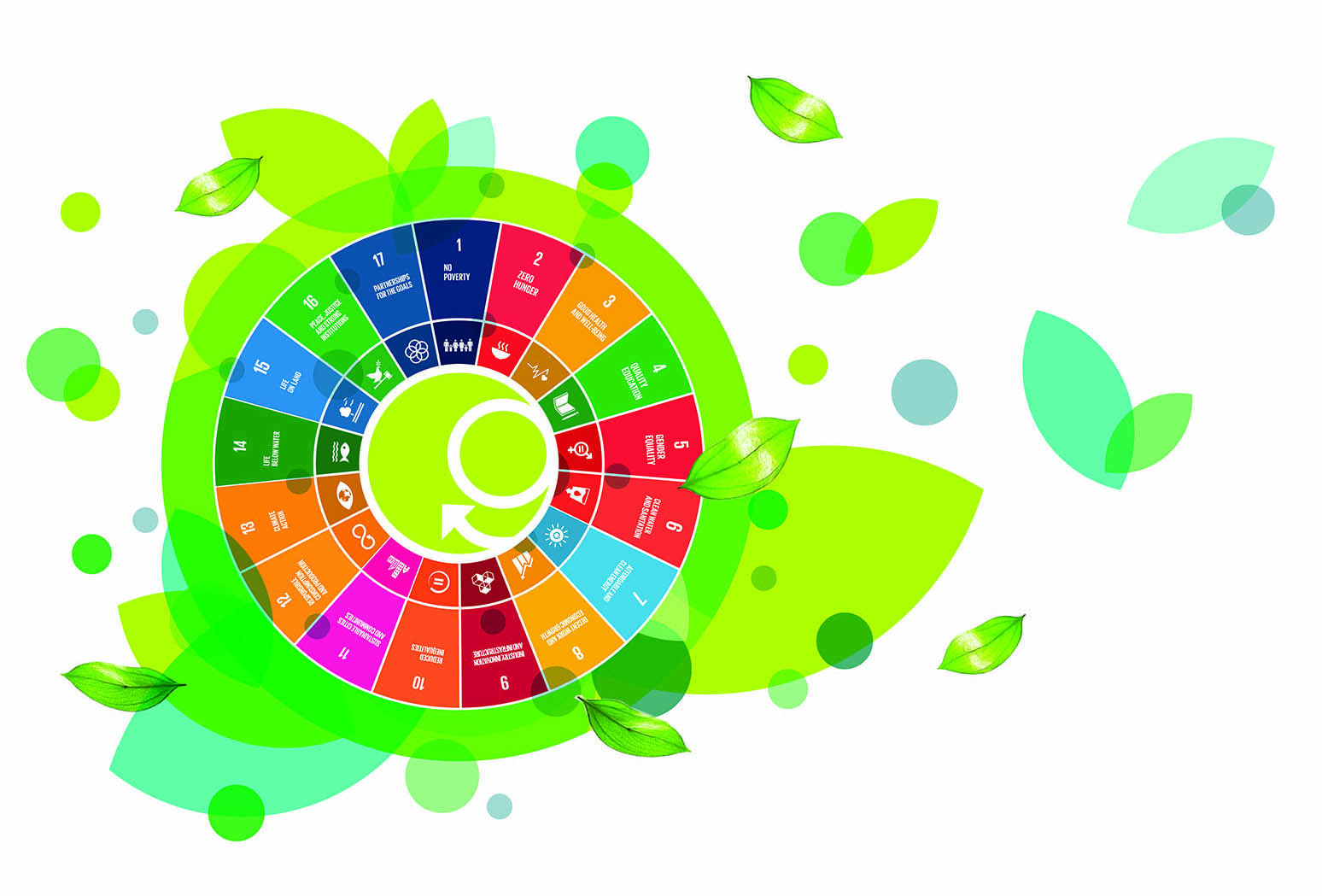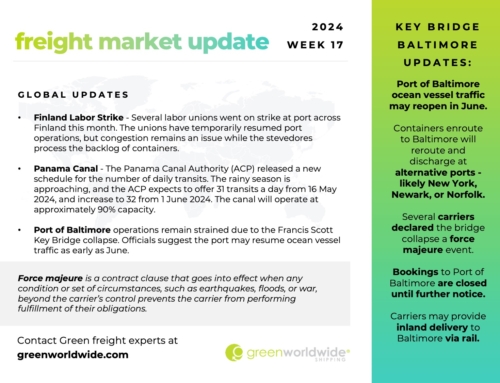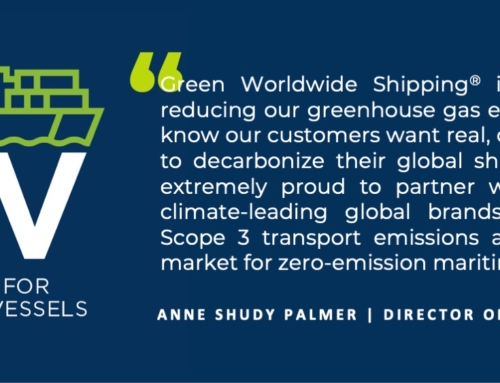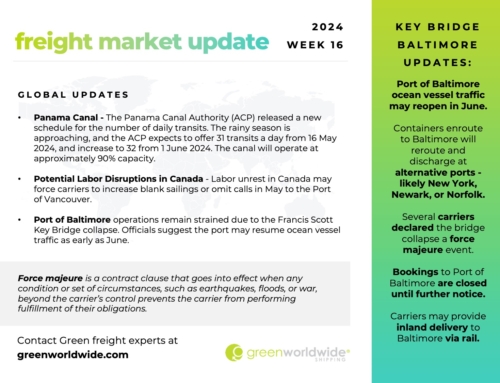what is sustainability?
Depending on a company’s corporate vision, mission and goals, the way sustainability is defined can vary drastically from one business to the next.
Responsible organizations that engage in sustainable practices are challenged to develop business strategies that cover human rights, labor, anti-corruption, and the hottest topic for 2020 – the environment.
Sustainability is “the ability to meet the needs of the present without compromising the ability of future generations to meet their own needs.”
 Global pressures surrounding carbon emissions and fuel efficiency will only increase as industries evolve to meet new international regulations, such as the Low Sulfur Fuel Mandate that went into effect January of this year.
Global pressures surrounding carbon emissions and fuel efficiency will only increase as industries evolve to meet new international regulations, such as the Low Sulfur Fuel Mandate that went into effect January of this year.
But organizations have an even greater reason for bringing sustainability into their business practices and products – it makes them more competitive in an ever-growing environmentally focused consumer market.
competitive edge
Consumers have started to change the way they think about sustainability and incorporating it into their everyday lifestyle. Buyers have begun to understand that what they purchase has a direct impact on the world, not just in the quantities of what they buy, but also in how sustainable the goods are.
Consumer buying habits are leaning towards companies who make living a sustainable lifestyle easier and more approachable.
Corporations use ‘sustainability’ as a way to market their product as premium, or of higher, superior quality to differentiate against their competition. And, as consumers also become more educated about environmental responsibility, their expectations of a company’s sustainable practices grow.
New, more effective “best practices” have even evolved from the transition and are being used as a competitive advantage – these include reduced packaging, streamlined processes, reduced raw material use, and so on.
Benefits to adding sustainable business practices: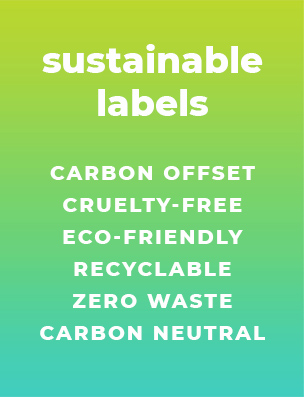
- cost savings & efficiencies
- stakeholder relations
- process innovations
- sales differentiation
- brand growth
- employee satisfaction
- increased cash flow
- additional revenue sources
- risk management
logistics teams
Because it is more complex to implement sustainability goals into an existing manufacturing process, companies have been turning to their logistics teams in order to implement new environmental objectives.
These targets can be achieved through a number of creative strategies, such as:
- carbon emission offsetting,
- routing waste reduction,
- fuel efficiencies by mode, and
- improved purchase order management.
Despite available ways to achieve sustainability, many logistics experts are disappointed at the lack of progress within the industry. In a recent survey, 66% of the 100 transportation planning professionals surveyed believe that not enough is being done to limit the environmental impact of logistics operations.
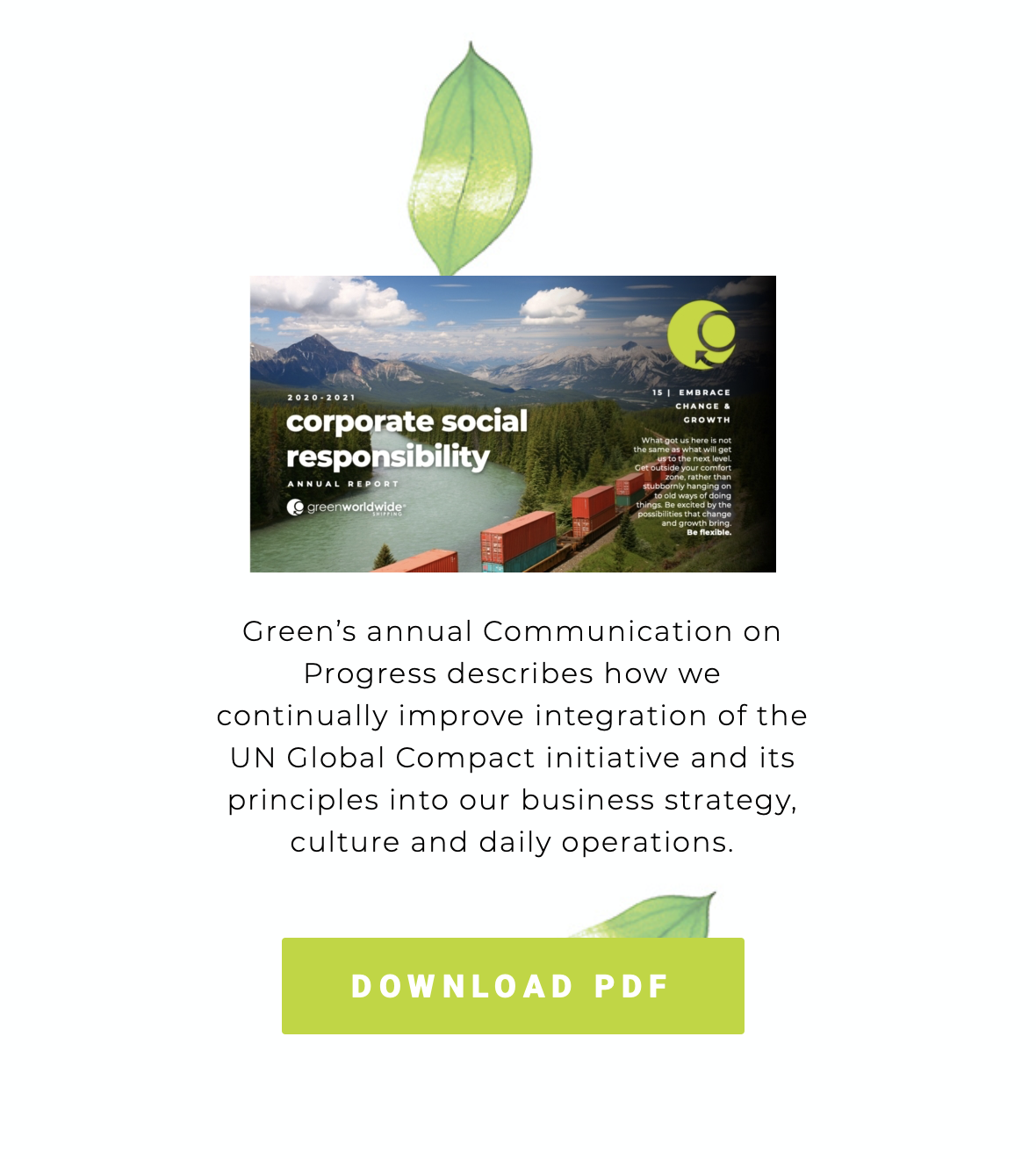 Additionally, 75% said they had increased pressure on their logistics operations to reduce their environmental impacts.
Additionally, 75% said they had increased pressure on their logistics operations to reduce their environmental impacts.
seeking a sustainable supply chain?
Contact Green Worldwide Shipping for a no-pressure conversation about our easy-to-implement Carbon Offset initiative and make your supply chain carbon neutral in 2020!
GREEN SUSTAINABILITY
Green Worldwide Shipping is a proud member of the United Nations Global Compact, the world’s largest corporate sustainability initiative, in an effort to answer the call for companies to align strategies, innovation and operations with universal principles on human rights, labor environment and anti-corruption, and take actions that advance societal goals.
Read more by downloading our Annual Report on Corporate Social Responsibility.
For more information about Green’s greater sustainability vision, visit https://www.greenworldwide.com/sustainability/.

